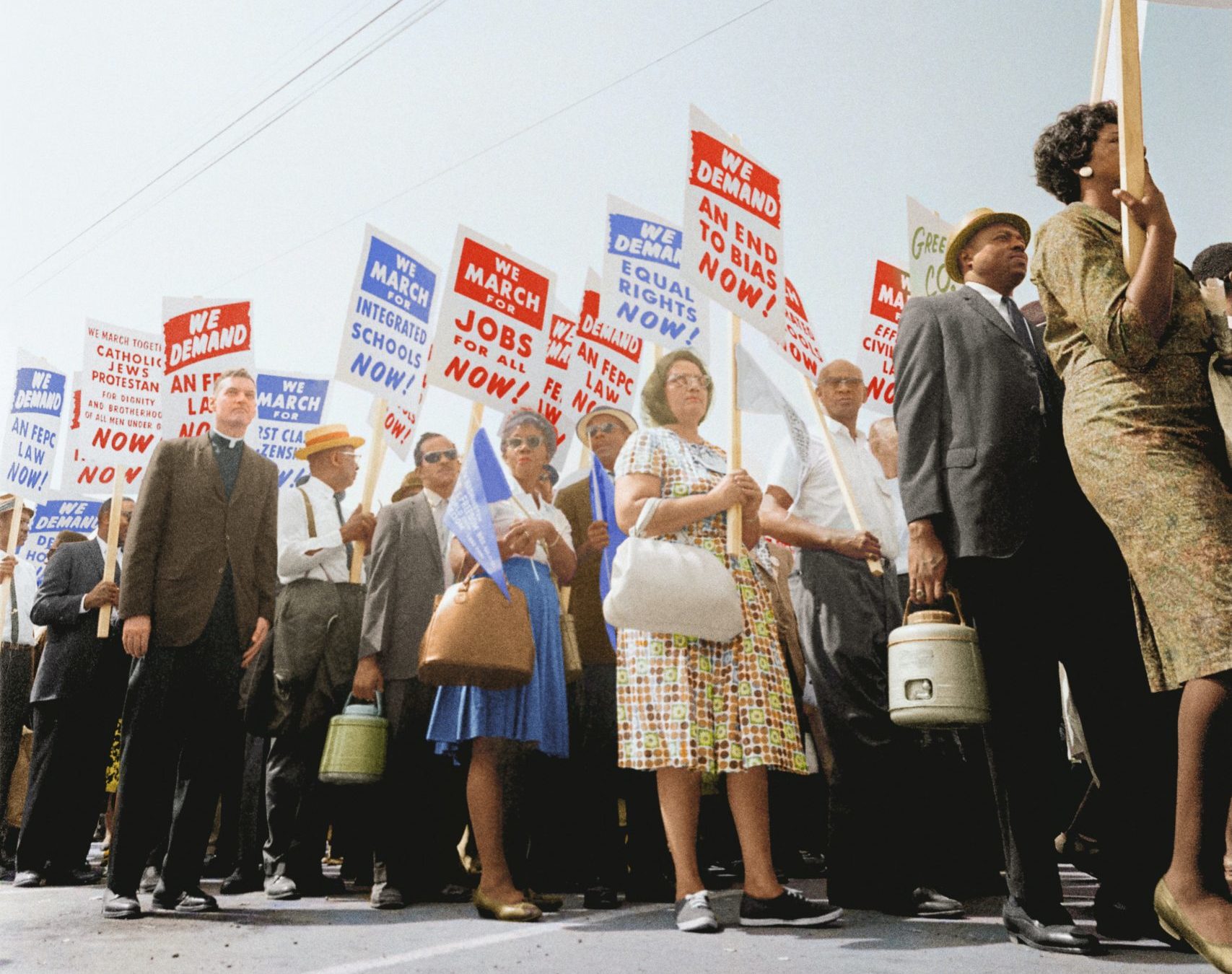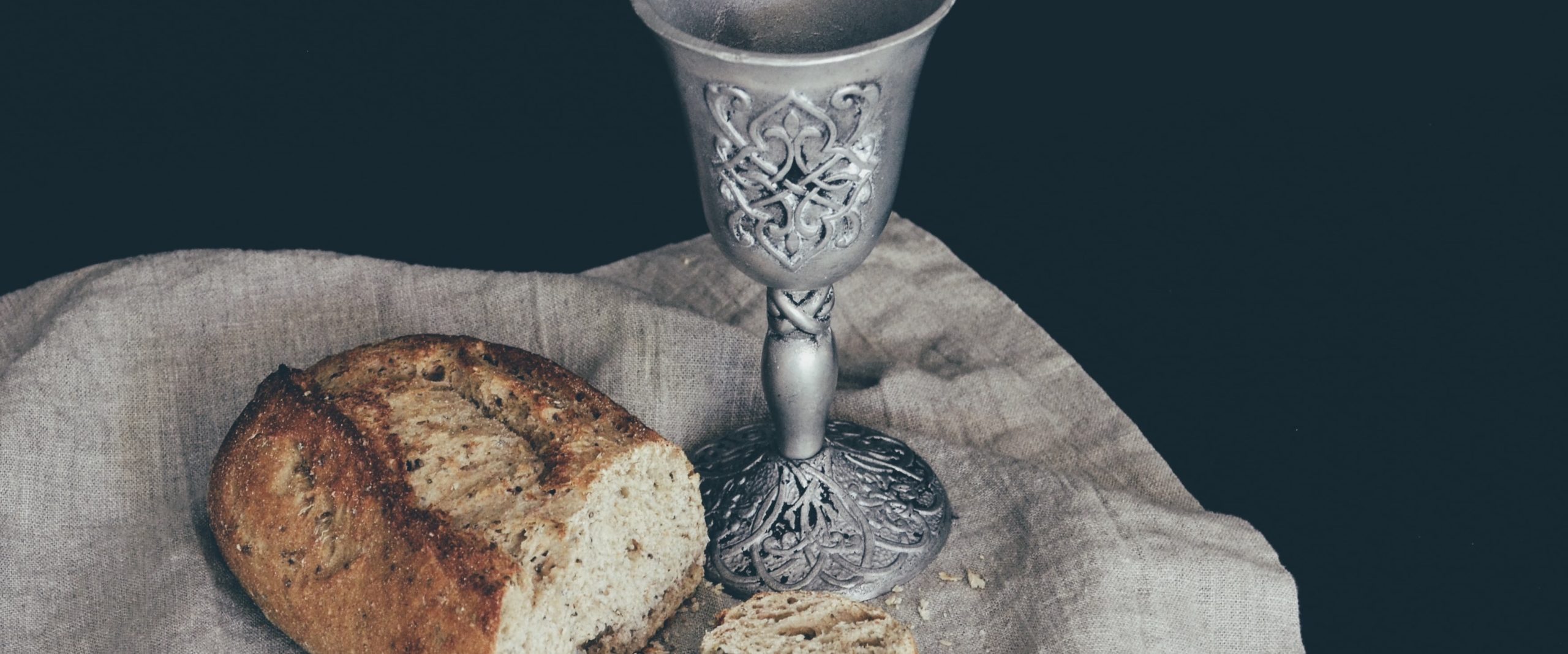In the late 1990s, the Catholic priest and philosopher of technology Ivan Illich delivered a lecture in Bremen titled “The Cultivation of Conspiracy.” In it, he discussed the ancient Christian practice of conspiratio. This, the holy kiss with which St. Paul told us to greet one another, is the means by which worshipers “shared their breath or spirit with one another.” As L.M. Sacasas puts it in his piece on Illich,
It was in this conspiracy, literally, this co-breathing, that the atmosphere conducive to pax, or peace, was established. It was in this practice that Illich found the sources of the practice of community that emerged in Christian Europe. “The shared breath,” Illich explained, “the con-spiratio is peace, understood as the community that arise from it.”
We try not to breathe on each other much these days. We’ve learned this year to keep our bodies, more and more, to ourselves, and that’s the opposite of what Illich insists we should be doing. Only by breaking bread together, practicing physical hospitality, can we cultivate the true and human friendships that will renew our politics. And this moment feels like one in which it is more important than ever that we are able to renew the bonds of affection and care that are at the basis of political life.
We have to be together. We can’t be together.
In the face of a challenging physical environment—other people’s bodies and the air outside our houses swarming with virus—we have thrown ourselves into the arms of our tools that can protect us from the physical world: software, social media, and same-day shipping.
It was not these tools that Ivan Illich had in mind when he warned that “if tools are not controlled politically, they will be managed in a belated technocratic response to disaster. Freedom and dignity will continue to dissolve into an unprecedented enslavement of man to his tools.” But there’s something in today’s pandemic-fueled retreat to the virtual that Illich would have recognized instantly. We are being shaped by our tools, in ways that we don’t choose, in ways that challenge our humanity.
As Sacasas writes, “in Illich’s view, we are increasingly caught in networks designed ostensibly to empower us but that, in fact, make us all the more dependent on their operations.” This is a statement that, as we log in to Zoom and order something else on Amazon Prime, we should find intuitively correct.
But Illich was a Catholic priest, and had a firm grasp of the sturdiness of human nature. All men and women, he wrote, have “a native capacity for healing, consoling, moving, learning, building their houses, and burying their dead.” We’ve tended to outsource these things, to technology and to the market, but the ability to do them, and thus to be fully human, is still within us. Even this year. Even in lockdown.
Sacasas’s piece is crucial as we think through how to survive this winter, how to get through to the spring, when the vaccine will, God willing, be available: how to get through the long haul that is this disease. But I think I see a hint of a way through.
And that is to let the physical distance to which we are consigned make us more conscious of the reality that we are embodied, and let this year teach us in a way that nothing else could of the importance of physically being together. It is to make the time—even now while we’re apart—to cultivate the kinds of conspiratorial, co-breathing friendships that are at the root of good politics.
No other generation has, to the degree that ours has this year, had the chance to learn the importance of the physical by having it taken away. No other generation has needed that reminder as much. Let’s socially distance as long as we have to: masking as a way to acknowledge our physical bodies and honor each other.
And let’s not stay distant, or masked, for one minute longer than we have to.
Let’s commit now to not stay in this enforced hibernation, after this is over—even though that may be a temptation. We’ve found we can get things done over Zoom. After the pandemic, we have a choice: Will we, for the sake of efficiency and cost-saving, keep doing that, or will we allow ourselves to understand the importance of gathering in person? Which lesson will we take from this enforced dependence on the tools that allow us to pretend to be disembodied?
I’ve got a two-pronged strategy to stay human through this winter, and both prongs are Illich-inspired.
- Make things rather than buying them. I know this is throwback to April when we all unaccountably began sending each other sourdough starter in the mail, but that was a good impulse. As we head into a time of earlier nights and colder days, let’s be deliberate about being hands-on. When you cook rather than ordering in, you remind yourself that you are not a passive, disembodied consumer; when you bake and send your goodies to a friend, you knit together a physical community even through the challenges of distance.
- Conspire. Build the projects, and the friendships, that will draw us physically together when we are able to be.
We will get through this. We are still human. It is only because we are, and subject to the frailty and glory of the physical world, that we are enduring this time of trial. And that means that, as with all trials, we can let this one point us toward the bracing good of reality. We’re not disembodied. We are flesh.






